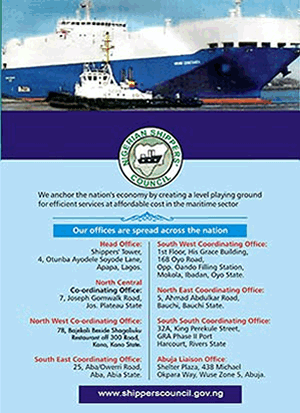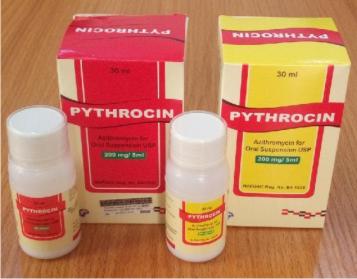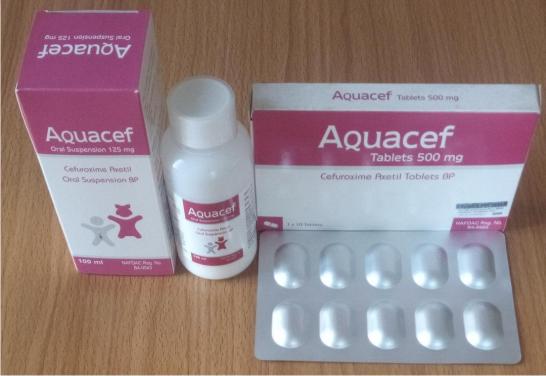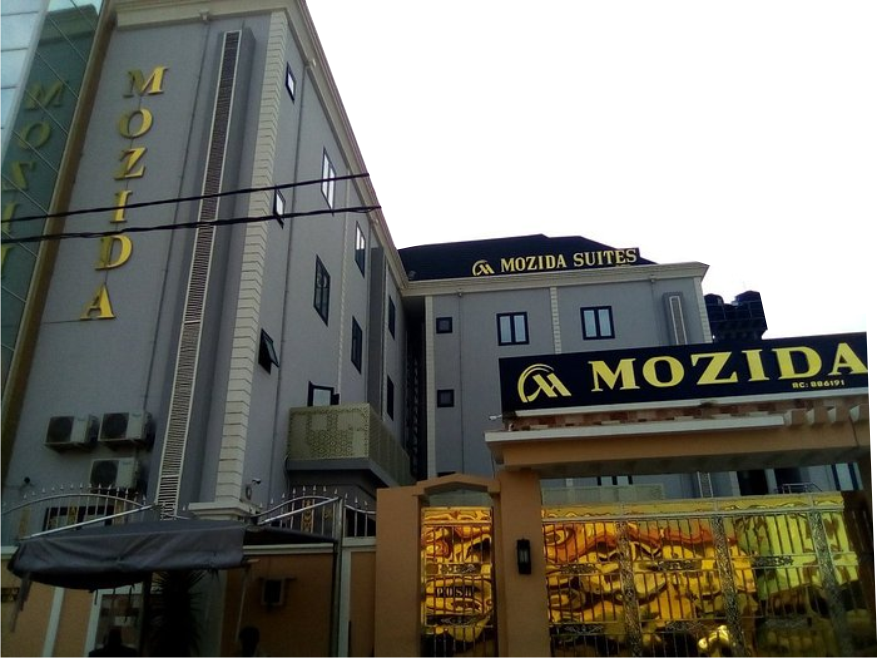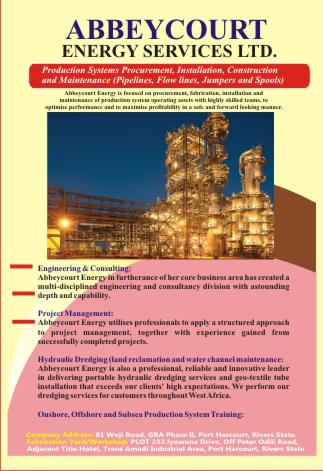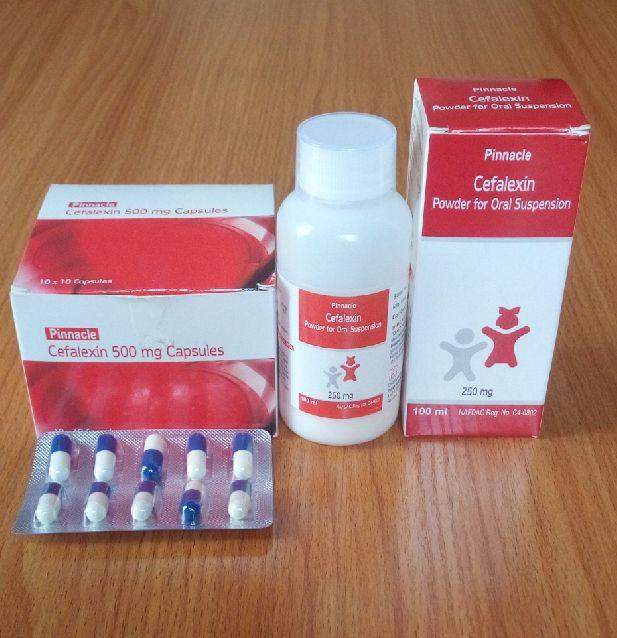

The Central Bank of Nigeria (CBN) has injected a total of $1.259 billion into the oil sector within the first three months of 2025 to support the importation of petroleum products and related items, Frontline Reporters can authoritatively report.
The intervention, according to CBN data, comes amid a brewing price war between the Dangote Petroleum Refinery and fuel-importing marketers, as both sides battle for dominance in Nigeria’s downstream sector.
Foreign Exchange Flow and Import Trend
Figures from the CBN’s Quarterly Statistical Bulletin (Q1 2025) show that $1.26 billion was released for fuel import transactions between January and March this year.
- January: $457.83 million (36.2%)
- February: $283.54 million (22.5%)
- March: $517.55 million (41.3%)
During the same period, data from the Nigerian Midstream and Downstream Petroleum Regulatory Authority (NMDPRA) indicated that 2.28 billion litres of petrol were imported — one of the lowest quarterly volumes in recent years, as Nigeria gradually shifts toward local refining and blending.
Despite the Dangote Refinery’s growing output, marketers reportedly imported 69% of the 21 billion litres of petrol consumed between August 2024 and early October 2025.
Dangote vs. Importers: A Battle for Market Share
The struggle for market control between Dangote Refinery and importing marketers has intensified in recent months. While the $20 billion, 650,000 barrels-per-day refinery insists it can satisfy Nigeria’s fuel demand and still export to markets such as the United States, many marketers continue to import—citing price differentials and exchange rate advantages.
Industry analysts say the tussle is reshaping Nigeria’s downstream petroleum market, forcing operators to choose between local supply stability and global price flexibility.
Marketers: “It’s All About Price”
The National Publicity Officer of the Independent Petroleum Marketers Association of Nigeria (IPMAN), Chinedu Ukadike, said pricing remains the deciding factor for traders.
“In this business, pricing is everything. Marketers will always buy from the most affordable source. If imported fuel is cheaper, we’ll import. If Dangote’s offer is better, we’ll buy locally,” Ukadike told Frontline Reporters.
He added that exchange rate volatility, global oil prices, and policy shifts continuously affect the price gap between imported and locally refined products.
“No marketer can afford sentiment. It’s about economics, not emotion,” he said.
Import Parity and Forex Pressure
The Major Energies Marketers Association of Nigeria (MEMAN), in its latest Energy Bulletin, revealed that the import parity price of petrol has fallen to ₦805.46 per litre, influenced by fluctuations in global crude prices and foreign exchange rates.
Economists warn that the CBN’s sustained dollar injections — while stabilising supply — may continue to strain foreign reserves and pressure the naira, especially as Nigeria seeks to balance fuel security with forex management.
With Dangote Refinery ramping up output and marketers clinging to import channels, analysts say 2025 could mark a turning point for Nigeria’s downstream oil industry — one defined by competition, price volatility, and the race for dominance.
ADVERTISEMENTS






